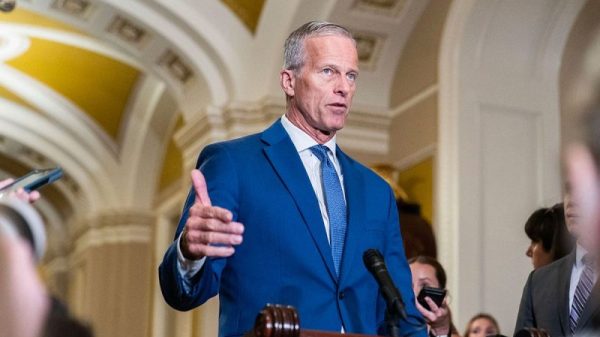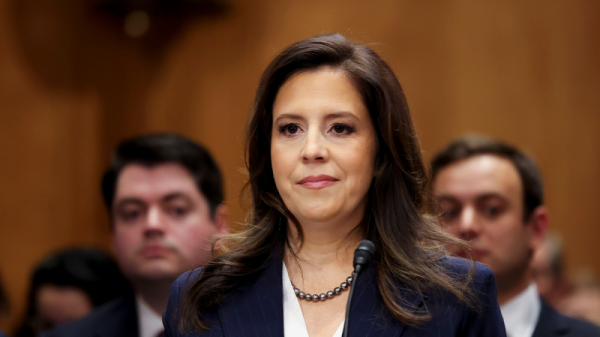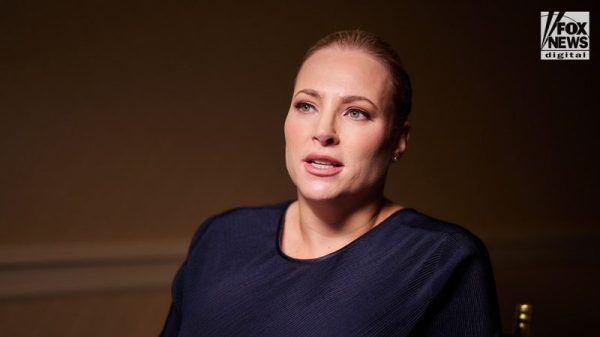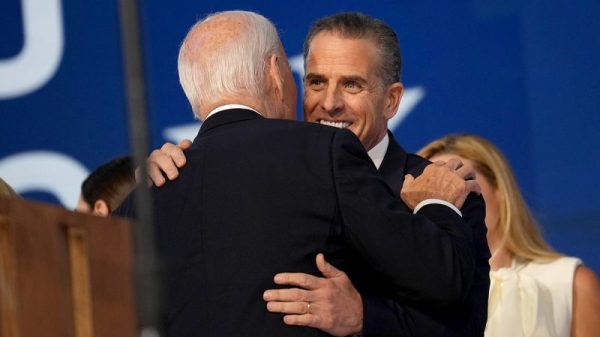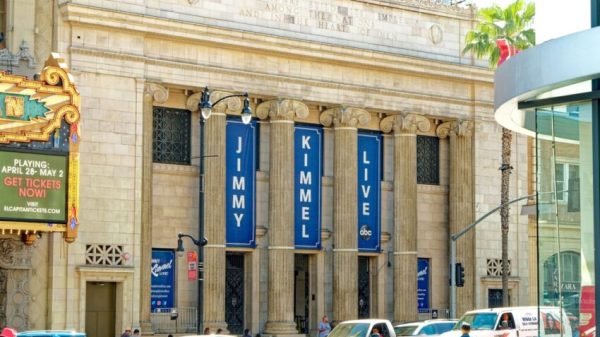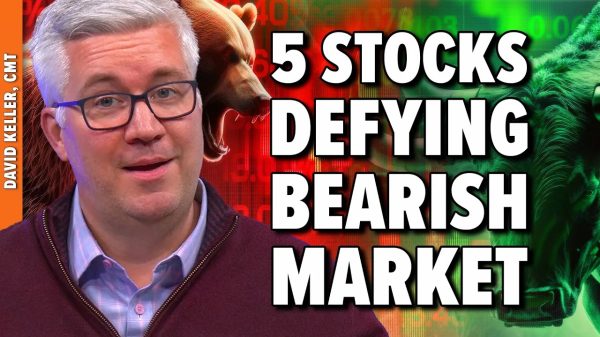
In today’s fast-paced, hyper-connected world, meeting new people has never been easier.
LinkedIn messages arrive in your inbox, networking events seem to appear every week, Zoom calls can introduce you to someone on the other side of the country—or even the world—social media groups create communities based on shared interests, and casual introductions from friends or colleagues happen more often than we realise.
It is almost effortless to expand your network, and the advice we are constantly given is to take advantage of every opportunity. The reasoning is simple: the more people you know, the more doors will open. And there is certainly truth to that, but it is only part of the picture.
The real value of connecting with others does not lie in how many business cards you collect or how many LinkedIn connections you can boast about. It lies in the depth of those relationships, in the human bonds you create when you meet someone without a hidden agenda. There is an overlooked flaw in the way many of us approach networking. Too often, when we meet someone new, there is an unspoken question lingering just beneath the surface: “What can this person do for me?” At first glance, it seems practical. After all, business is about leveraging relationships, is it not? We want our connections to be useful, to help us grow, to open doors to opportunities we might not otherwise access. But when every interaction is filtered through that lens, we risk missing the most valuable part of connecting with another person: the chance to truly see them.
People have a remarkable ability to sense when they are being “worked” rather than genuinely engaged with. Conversations become mechanical, cold, and transactional. They feel one-sided and forgettable, leaving both parties with little sense of fulfilment. The energy that makes people remember you, the spark that forms a meaningful bond, is missing. It is not the job title, the network, or the resources that make someone memorable—it is the humanity they bring to the interaction, and the humanity you reciprocate.
Meeting someone without an agenda means showing up as a human being first, before any professional or personal objectives. It means allowing the conversation to exist for its own sake, not as a stepping stone towards a goal. When you shift your mindset from “What can I get from this person?” to “Who is this person, and what can I learn about them?” everything changes. You begin to ask questions not to extract value but to understand experiences, choices, and perspectives. You listen not to find the perfect opening for your own pitch, but to hear the story unfolding in front of you. You share parts of yourself without expectation or calculation, simply because sharing is part of connecting.
This approach to networking can feel unfamiliar at first because our society often equates efficiency with effectiveness. We are taught to maximise every moment, every conversation, every introduction. There is a pressure to quantify interactions in terms of return on investment—whether it is a potential client, a job lead, or an influential contact. But this way of thinking overlooks the long-term, often unpredictable benefits that come from relationships rooted in genuine curiosity and mutual respect. The most meaningful connections, the ones that stand the test of time, rarely begin with immediate transactional value. They grow slowly, nurtured by shared experiences, laughter, and trust.
The surprising thing is that when you let go of the agenda, opportunities often appear in ways you could never have predicted. People you meet without any expectation of gain may later become collaborators, mentors, friends, or allies in ways that feel completely organic. Because the relationship was not forced or calculated, it is stronger, more resilient, and more authentic. Opportunities arise not because you asked for them, but because trust and mutual respect have been established. People are far more inclined to help, recommend, or partner with those they feel genuinely connected to, and these connections are built precisely in the spaces where agendas are absent.
In a world dominated by efficiency and strategy, it can feel counterintuitive to meet people without an explicit goal. But the truth is that the depth of our human connections cannot be forced. Genuine engagement takes time, patience, and openness. It requires the willingness to enter a conversation without a checklist, without a mental tally of what you might gain. It asks for vulnerability—the willingness to be seen and to see others, without expectation. And when we embrace this approach, we find that the value of these interactions often far surpasses anything that could have been calculated.
Meeting someone without an agenda also transforms how we experience our own lives. We begin to see people not as resources but as complex, fascinating individuals with unique stories and perspectives. We notice the richness in diversity of thought, in lived experience, and in the ways different people navigate the world. Our empathy deepens, our listening skills improve, and we develop a genuine appreciation for human complexity. We start to approach relationships with curiosity instead of calculation, with generosity instead of strategy, and with openness instead of caution.
The next time you find yourself in a conversation with someone new, pause before letting your mind run through the familiar questions of utility and benefit. Try simply showing up as a person meeting another person. Let the conversation unfold naturally, allow curiosity to guide your questions, and give the other person room to share without interruption. Listen with full attention. Respond with honesty. Share your experiences without expecting reciprocation. In doing so, you create the conditions for a connection that is both meaningful and enduring.
Some of the most rewarding relationships in life begin this way—not with a calculated goal, not with an immediate payoff, but with genuine human connection. Over time, these relationships often lead to opportunities, collaborations, and friendships that feel effortless precisely because they were never forced. The paradox is that the more we stop trying to “use” connections, the more valuable those connections become.
Ultimately, meeting people without an agenda is not just a networking strategy—it is a way of engaging with the world that prioritises humanity over utility, curiosity over calculation, and connection over convenience. By approaching interactions in this way, we open ourselves to relationships that are richer, deeper, and more transformative than anything we could have engineered. The next conversation you have could be the start of something remarkable—if you let it happen without trying to control it.
Read more:
Why Meeting People Without an Agenda Matters

